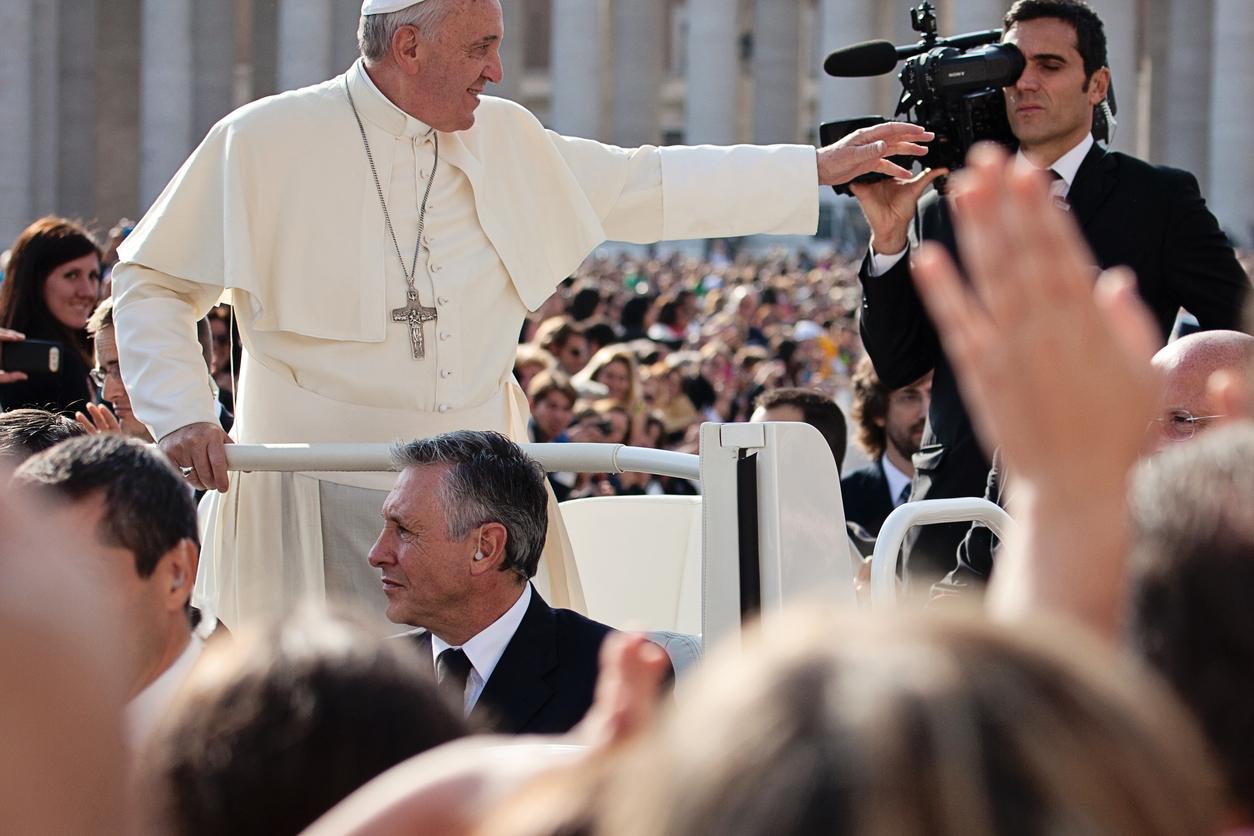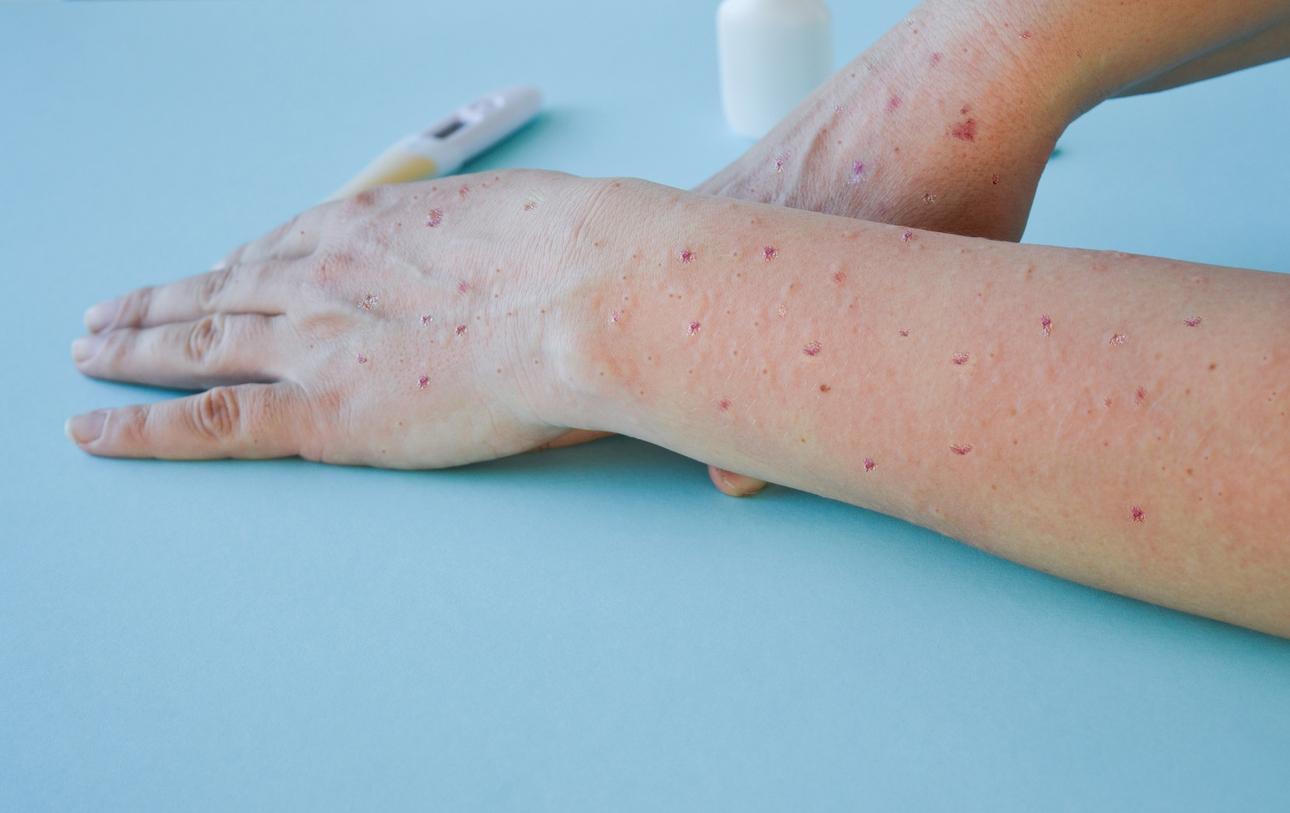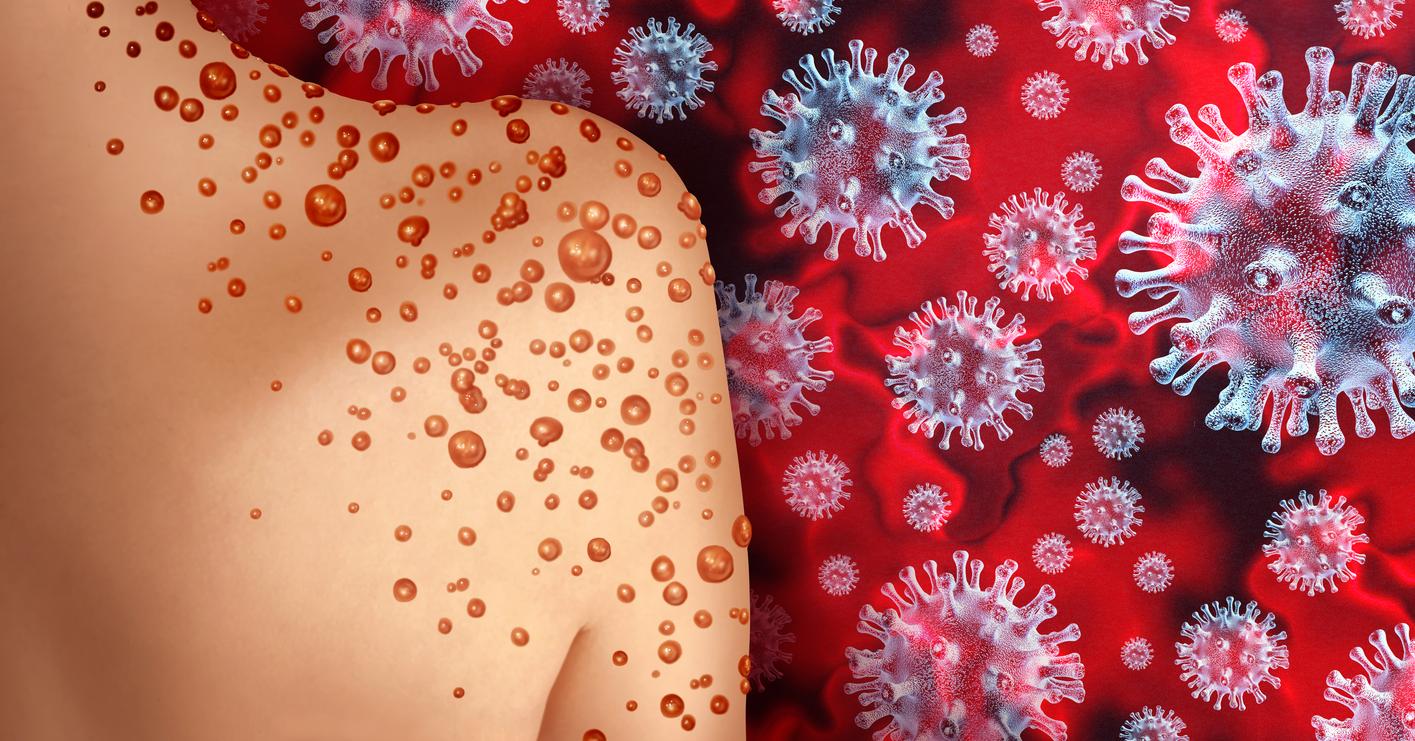To increase their blood supply, several countries pay their donors. A gesture which increases the number of donations but which is still debated.

This Tuesday, June 14, will be World Blood Donor Day. In view of the temporary decrease in stocks in France, the French Blood Establishment (EFS), launched a broad appeal for donations, concerned about the “very fragile blood weather” on the national territory.
“The level of blood product reserves is low and the situation very fragile,” worried the EFS in its press release. Blood donation is “irreplaceable, recalls the establishment. We need everyone. “.
In France, blood donation is anonymous and free. Conversely, in the United States as in Germany, to meet the demand, the blood donor receives remuneration of around fifty euros. Pricing for blood donation that fuels heated debates within the international community. While countries paying for donations have larger blood stocks, the WHO denounces the repercussions on the safety of donors and patients, and condemns the increase in inequalities.
Pay donors to multiply donations
In France, the question has arisen many times. But for nearly twenty years, the French Blood Establishment has held the monopoly in terms of blood donation, registering as the only organization authorized on the territory to take samples.
In other countries, such as Germany or the United States, donors receive payment. In Germany, for example, the authorities authorized financial compensation to increase the number of blood donations. And the results speak for themselves. Nearly a third of Germans have given blood (1) while 5% of French people are regular donors. A significant discrepancy which suggests that remuneration is one of the reasons leading to more donations.
And the free donation costs the authorities more than the paid donation. The reason: the need to regularly mobilize volunteers. Collection takes longer to organize, or the high cost of communication campaigns.
Dangerous pricing according to the WHO
The World Health Organization denounces dangerous pricing, both for donors and for patients. “The best way to guarantee a safe and sufficient supply of blood, and blood products, is to have a good supply, based on regular blood donations from voluntary and unpaid donors”, declared in a communicated Dr. Margaret Chan. The Director General of the WHO encouraged all countries to obtain their entire blood supply from such donors.
In this regard, the Organization recalls that 72 countries still collect more than 50% of their blood needs from paid donors. A situation which, according to her, “has repercussions on the safety and adequacy of the supply of blood and blood products”.
Recently, the International Federation of Red Cross and Red Crescent Societies (IFRC), the WHO and the Council of Europe have made voluntary non-remunerated blood donation a “fundamental and guiding” principle, recommending that “all blood donations are voluntary and unpaid and that no coercion is exercised on the donor to donate”.
Same story on the side of the EFS, which recalls that “the voluntary donor who goes to a collection to give blood to a patient does so voluntarily, out of generosity and solidarity”. “The paid blood donor may need money and be doubly tempted. Tried, first, to conceal from the doctor who decides on his suitability for donation his true state of health, for the sole purpose of being paid, ”launches the ESF on its site, advocating ethical donation.
.

















